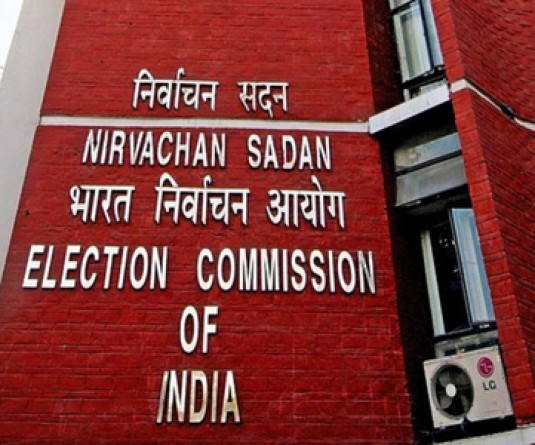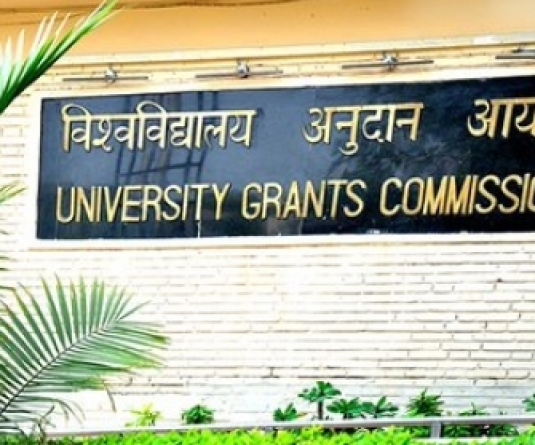
New Delhi, August 31 (PTI): Inclusion of a curriculum on disability studies as part of general teacher education, collaboration on the issue of rare diseases and mandatory reservation for specially-abled students in private institutions are among the suggestions submitted by NGOs to the social justice and empowerment ministry on the draft National Policy for Persons with Disabilities.
Wednesday was the last date to share comments on the draft policy released in early June by the Department of Empowerment of Persons with Disabilities (DEPwD).
Promoting the "Aatmanirbhar Bharat" initiative in the disability sector, bringing out a dynamic database to provide information on a real-time basis and better engagement of Ayush research and care to address this sector are among the salient features of the draft policy.
Disability rights NGOs have submitted their suggestions for education to the ministry.
The National Platform for the Rights of the Disabled, in its suggestions, has asked the ministry to specify the provision of accessible transport, especially since children will be shifted to far-away school complexes.
The draft also reiterates the need to train teachers about the learning needs and the inclusion of diverse learners.
"However, there is no specific guidance in that regard. More clarity on the mechanisms that will be put in place for this as also the timelines is required," the NPRD said.
The draft policy says the inclusion of a curriculum on disability studies as part of general teacher education is necessary.
"Accessible accommodation in vicinity of the institute will be provided," it says.
The NPRD pointed out that the draft policy says the "Ministry of Education will be approached to include Indian Sign Language and closed captioning in their educational videos".
It should be made mandatory and not left to discretion, the NPRD said.
"Also, add: video transcription will be provided for students with deafblindness," it added.
The draft is totally missing the numerous problems that confront differently-abled students in higher education, except for a reference to the mandated 5 per cent reservation, the NPRD said.
"There is no reference to adult education or vocational education either. Reservation in higher educational institutions needs to be made mandatory for private institutions as well. Necessary legal framework for that has to be put in place," it said.
Additionally, the compliance of accessibility norms in higher educational institutions needs to be monitored on a strict and regular basis, the disability rights NGO added.
"With regard to higher education for persons with developmental disabilities such as intellectual disabilities, autism spectrum disorders etc., through advancements in technology and many psychosocial interventions, many persons with developmental disabilities have seen better inclusion as a strengths-based perspective was adopted in providing them skills and resources. This focus needs to be brought into this policy," it said.
Calling assistive technology a crucial part of healthcare access, it said the policy should include the commitments made by India at the 71st World Health Assembly to follow the Priority Assistive Product List (APL) and include those assistive devices in the Assistance to Disabled Persons for Purchase scheme.
The policy should also mention to expand the production capacity of the Artificial Limbs Manufacturing Corporation of India (ALIMCO) to produce high-quality and high-impact assistive devices, it said.
The National Centre for Promotion of Employment for Disabled People (NCPEDP) said the draft policy is definitely a major step in the right direction for promoting the inclusion of specially-abled people.
"While the draft is forward-looking, it remains silent on the mechanisms of implementation and monitoring of the Rights for Persons with Disabilities Act, 2016 in a timely manner. The policy also lacks mention of inter-ministerial collaborations and does not detail the aspects of digital and financial inclusion, political participation, climate justice and insurance based-discrimination for persons with disabilities," said Arman Ali, executive director, NCPEDP.
"Time-bound measures are required to ensure that no person with disability is left behind," he added.






